Ocean Conservation Ks2 Benefits Of Marine Protected Areas
Hey there! Today, I want to talk to you about ocean conservation. It's a topic that holds immense importance for our planet, and I believe it's crucial for us to understand the issues surrounding it. Let's dive in and explore some fascinating aspects of ocean conservation, all related to the keyword "ocean conservation."
Collaborative Surveys and Science-Based Approaches
When it comes to effective ocean conservation, collaboration and science-based approaches play a vital role. One exemplary initiative is collaborative conch surveys that are conducted during the ecological assessment. These surveys aim to gather data on conch populations, their habitats, and the overall health of the ecosystem.
These surveys provide valuable insights into the status of conch populations, helping researchers and scientists make informed decisions and take appropriate conservation measures. By using science-based approaches like this, we can ensure the sustainability and protection of marine life.
Ocean and Marine Life Resources for KS2 Science
For educators and parents looking to teach children about the wonders of the ocean and the importance of marine life conservation, there are excellent resources available. One such resource is a KS2 science book that offers comprehensive information about oceans and marine life. The book not only educates children but also fosters a sense of responsibility towards caring for our oceans.

By engaging young minds in learning about oceans and marine life, we can inspire the next generation to become stewards of the environment. With this knowledge, they can actively contribute to ocean conservation efforts in the future.
Preserving Our Oceans Over Time
Preserving our oceans has been a pressing concern throughout history. The timeline of ocean conservation efforts showcases the milestones achieved and the challenges faced by individuals, organizations, and governments.

From the earliest efforts aimed at protecting ocean ecosystems to the establishment of marine protected areas and international treaties, the timeline reflects the continuous progress made in preserving our oceans. It is a reminder that collective action is key to safeguarding this invaluable resource.
When we consider the timeline of ocean conservation, we gain a deeper appreciation for the efforts undertaken by individuals and organizations who have dedicated their lives to this cause. Their contributions have paved the way for comprehensive conservation strategies and policies that benefit the oceans and the diverse marine life within them.
Our Ocean in Crisis: Educating the Next Generation
One of the critical aspects of ocean conservation is educating young minds about the challenges our oceans face. Through educational resources specifically designed for teaching, such as "Our Ocean in Crisis" for KS2 students, we can empower them to become advocates for positive change.
This resource, tailored for the KS2 level, provides comprehensive information about the urgent issues affecting our oceans. It covers topics like marine pollution, overfishing, climate change, and plastic waste, giving students a holistic understanding of the challenges and potential solutions.
Empowering the next generation with knowledge is crucial, as they will be the ones who shape the future of ocean conservation. By instilling an understanding of the issues and potential solutions, we can ensure a more sustainable and responsible approach to the management of our oceans.
Engaging Students with Project-Based Learning
Project-based learning is an innovative approach to education that actively engages students in hands-on activities related to real-world issues. When it comes to ocean conservation, project-based learning can be a powerful tool to foster environmental awareness and consciousness among students.

By immersing students in projects that revolve around ocean and ocean animal conservation, they can develop a holistic understanding of the complexities involved. Projects like creating awareness campaigns, designing sustainable fishing methods, or organizing beach clean-ups can actively involve students in making a positive impact.
Moreover, project-based learning enables students to apply their knowledge from various disciplines like science, technology, engineering, and math to tackle real-world problems. This interdisciplinary approach encourages critical thinking, problem-solving, and creativity, all essential skills for effective ocean conservation.
Increasing Awareness through Informative Posters
Informational posters are an effective medium to raise awareness about ocean conservation and inspire individuals to take action. These posters can be showcased in schools, community centers, or public spaces, reaching a wide audience and sparking conversations about the importance of protecting our oceans.

The creation of these posters can be a collaborative effort involving students, artists, or concerned community members. By visually representing the beauty of marine life and the threats it faces, these posters serve as powerful reminders of the need for collective action.
Informative posters are not only eye-catching but also convey crucial information in a concise and accessible manner. They can provide tips for sustainable fishing, raise awareness about plastic pollution, or advocate for the establishment of marine protected areas. Each poster is an invitation for individuals to reflect on their choices and actively contribute to ocean conservation.
Ocean Research for Young Minds
Instilling a sense of wonder and curiosity about the oceans in young minds can set the stage for a lifelong appreciation and dedication to ocean conservation. Projects like ocean research in classrooms allow students to explore the vastness and significance of the oceans firsthand.
By conducting experiments, studying marine life through field trips, and analyzing data, students can develop a deep connection with the oceans. Ocean research projects foster critical thinking, problem-solving, and collaboration skills while also generating a sense of responsibility towards the environment.
Engaging students in ocean research at an early age allows them to recognize the interconnectedness of all living organisms and the impact humans have on marine ecosystems. This awareness serves as a foundation for making informed choices and driving positive change in ocean conservation.
Geography Education: Understanding Oceans
Geography education is a crucial element in empowering individuals to become active participants in ocean conservation. By learning about the intricate systems that shape our oceans, we can gain a deeper understanding of their importance and the need to protect them.
Geography resources designed for KS2 students provide valuable insights into oceanic systems, including ocean currents, climate patterns, and the distribution of marine life. Understanding these concepts contributes to a broader awareness of the fragility of marine ecosystems and the need for sustainable practices.
By integrating geography education with ocean conservation, we can equip individuals with the knowledge and skills to mitigate the impact of human activities on our oceans and promote responsible behavior.
Comprehensive Management for Ocean Conservation
Ocean conservation and management go hand in hand. Effective management strategies help address various threats to marine ecosystems, support sustainable practices, and ensure the longevity of our oceans.

A comprehensive approach to ocean conservation and management involves multiple stakeholders, including government bodies, non-profit organizations, scientists, and local communities. By working together, it is possible to devise strategies that balance economic development with the protection of marine habitats and species.
Key components of effective ocean management include the establishment of marine protected areas, the regulation of fishing practices, and the reduction of pollution and plastic waste. These measures aim to alleviate pressures on marine ecosystems and promote sustainable resource use.
Additionally, advances in technology and scientific research assist in monitoring and understanding the impacts of climate change on the oceans. By continuously updating management strategies based on scientific evidence, we can adapt to changing circumstances and proactively address emerging threats.
So, my friend, as you can see, ocean conservation is a multifaceted issue that requires collective action, education, and sustainable management practices. Each and every one of us has a part to play in preserving our oceans for future generations. Let's spread awareness, make conscious choices, and support initiatives that prioritize the protection of our remarkable marine ecosystems. Together, we can make a difference!
If you are looking for Teaching Children the Importance of Ocean Conservation - The Nest Schools you've came to the right place. We have 30 Pictures about Teaching Children the Importance of Ocean Conservation - The Nest Schools like Benefits of Marine Protected Areas - Save Our Seas Foundation, Ocean Conservation Article and Activity Pages | Marine Wildlife | Earth and also Our ocean in crisis KS2 | Teaching Resources. Read more:
Teaching Children The Importance Of Ocean Conservation - The Nest Schools
 thenestschool.com
thenestschool.com Ocean presentations ks2 english. Ks2 habitats
Our Ocean In Crisis KS2 | Teaching Resources
 www.tes.com
www.tes.com ks2 crisis ocean resources tes pptx mb
Become an ocean explorer ks2 unit of work. Ks2 oceans geography resource tes previous preview next
KS2 Geography: Oceans By Mrajlong - Teaching Resources - TES
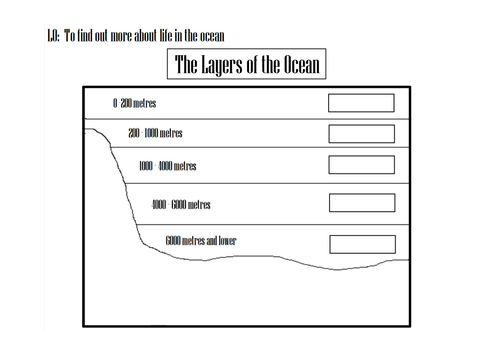 www.tes.com
www.tes.com ks2 oceans geography resource tes previous preview next
Preserving our oceans timeline. Ks2 the environment, topics, the environment, ks2 topics
Our Ocean And Us KS2 | Teaching Resources
 www.tes.com
www.tes.com ks2
6 lessons for effective science-based ocean conservation. Ks2 ocean
Become An Ocean Explorer KS2 Unit Of Work | Teaching Resources
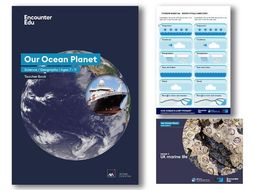 www.tes.com
www.tes.com ks2
Ks2 habitats. Teaching children the importance of ocean conservation
Ocean And Ocean Animals Conservation - Project Based Learning Science
 www.pinterest.com
www.pinterest.com Ks2 crisis ocean resources tes pptx mb. Ks2 the environment, topics, the environment, ks2 topics
6 Lessons For Effective Science-Based Ocean Conservation | HuffPost
conservation ocean research science effective lessons improve steps based want
Preserving our oceans timeline. 9 fun ways to teach kids about ocean conservation
UK Ocean Habitats KS2 Science | Teaching Resources
 www.tes.com
www.tes.com ks2 habitats
Uk ocean habitats ks2 science. Ocean conservation poster project
Ocean Conservation And Management - The Spinney Press
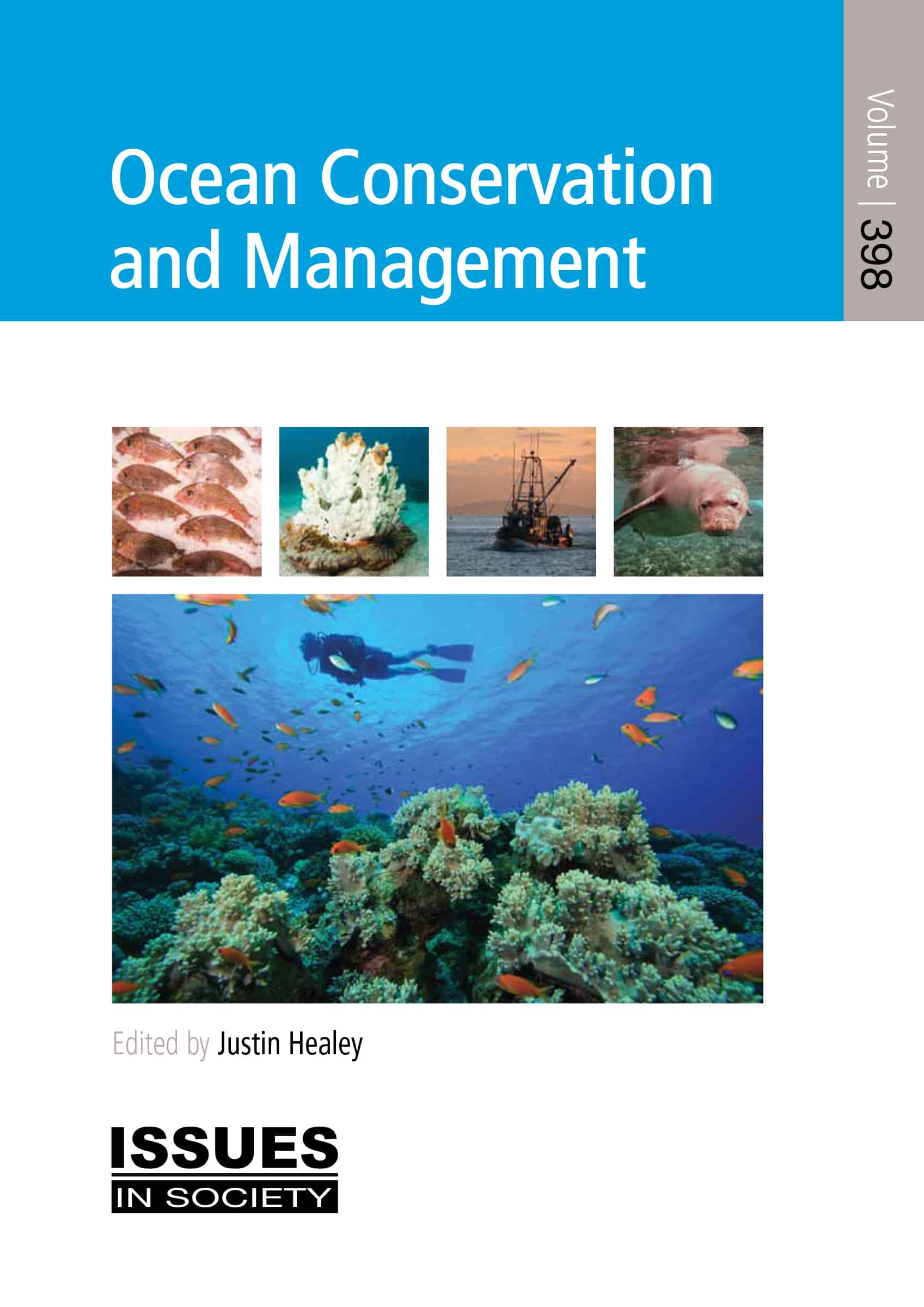 spinneypress.com.au
spinneypress.com.au conservation ocean management print
Uk ocean habitats ks2 science. Ks2 geography: oceans by mrajlong
Ocean Unit: A Study Of Ocean Animals And Their Habitat | Ocean Animals
 www.pinterest.com
www.pinterest.com ocean unit animals habitat study their teacherspayteachers
6 lessons for effective science-based ocean conservation. Uk ocean habitats ks2 science
3 Things To Know About Working In Marine Conservation - Ocean Conservancy
 oceanconservancy.org
oceanconservancy.org conservation
Ks2 ocean. Ocean conservation poster project
Benefits Of Marine Protected Areas - Save Our Seas Foundation
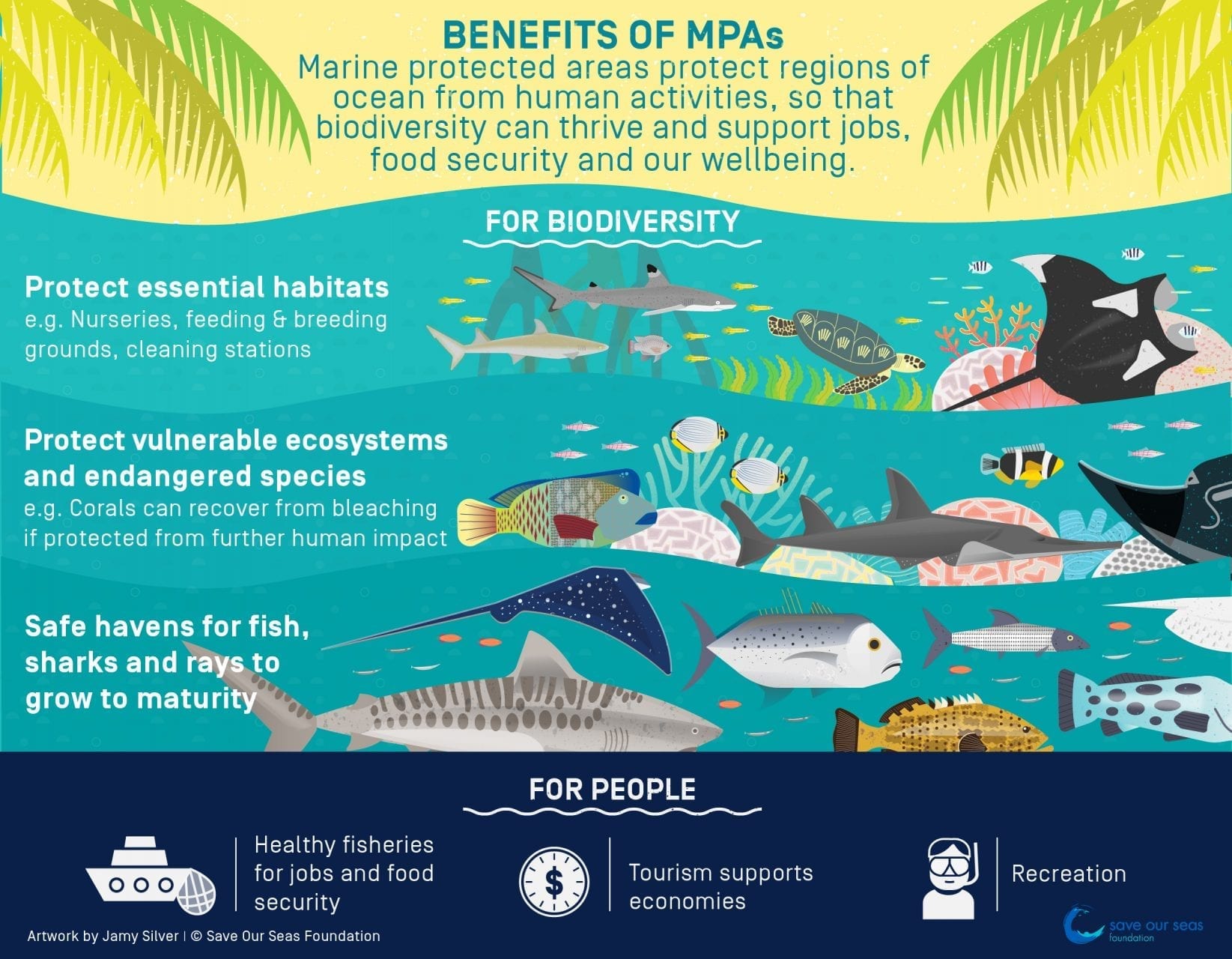 saveourseas.com
saveourseas.com marine seychelles safeguarding saveourseas
Mrs. wood's kindergarten class: ocean research. Uk ocean habitats ks2 science
Preserving Our Oceans Timeline | Timetoast Timelines
ocean conservancy timetoast organization 1972 ecosystems promote founded diverse fighting healthy been
Pin on ocean conservation. Conservation ocean management print
Learn About And Practice Ocean Conservation Along The Garden Route
 www.goodhopevolunteers.com
www.goodhopevolunteers.com conservation ocean play
Ks2 ocean. Ocean presentations ks2 english
Pin On Ocean Conservation
 www.pinterest.com
www.pinterest.com conservation
Lesson plans & resources. Ks2 habitats
Ocean & Marine Life Resources For KS2 Science | Save 50%
 schoolbargainbookshop.co.uk
schoolbargainbookshop.co.uk marine ocean science ks2 books
Ocean conservation poster project. Ocean and ocean animals conservation
Ocean Presentations KS2 English | Teaching Resources
 www.tes.com
www.tes.com ks2 ocean
Ocean conservation poster project. Get to know your conservation impact
9 Fun Ways To Teach Kids About Ocean Conservation | Ocean Conservation
 www.pinterest.com
www.pinterest.com conservation
3 things to know about working in marine conservation. Ocean presentations ks2 english
UK Ocean Habitats KS2 Science | Teaching Resources
 www.tes.com
www.tes.com ks2 habitats
Mrs. wood's kindergarten class: ocean research. Learn about and practice ocean conservation along the garden route
Infographic Showing Benefits Of The Ocean; Text Content Of Graphic Can
 www.pinterest.com
www.pinterest.com noaa oceanography infographic oceanservice
Pin on ocean conservation. Teaching children the importance of ocean conservation
Ocean Conservation Article And Activity Pages | Marine Wildlife | Earth
 www.pinterest.com
www.pinterest.com Ocean conservancy timetoast organization 1972 ecosystems promote founded diverse fighting healthy been. Preserving our oceans timeline
Lesson Plans & Resources | Kids Against Plastic
lesson plastic pollution ocean kids environment ks2 resources issues against conservation ks3 guides
Marine ocean science ks2 books. Ocean presentations ks2 english
Pin On Classroom Board
 www.pinterest.com
www.pinterest.com Marine seychelles safeguarding saveourseas. Get to know your conservation impact
Get To Know Your Conservation Impact - The Ocean Project
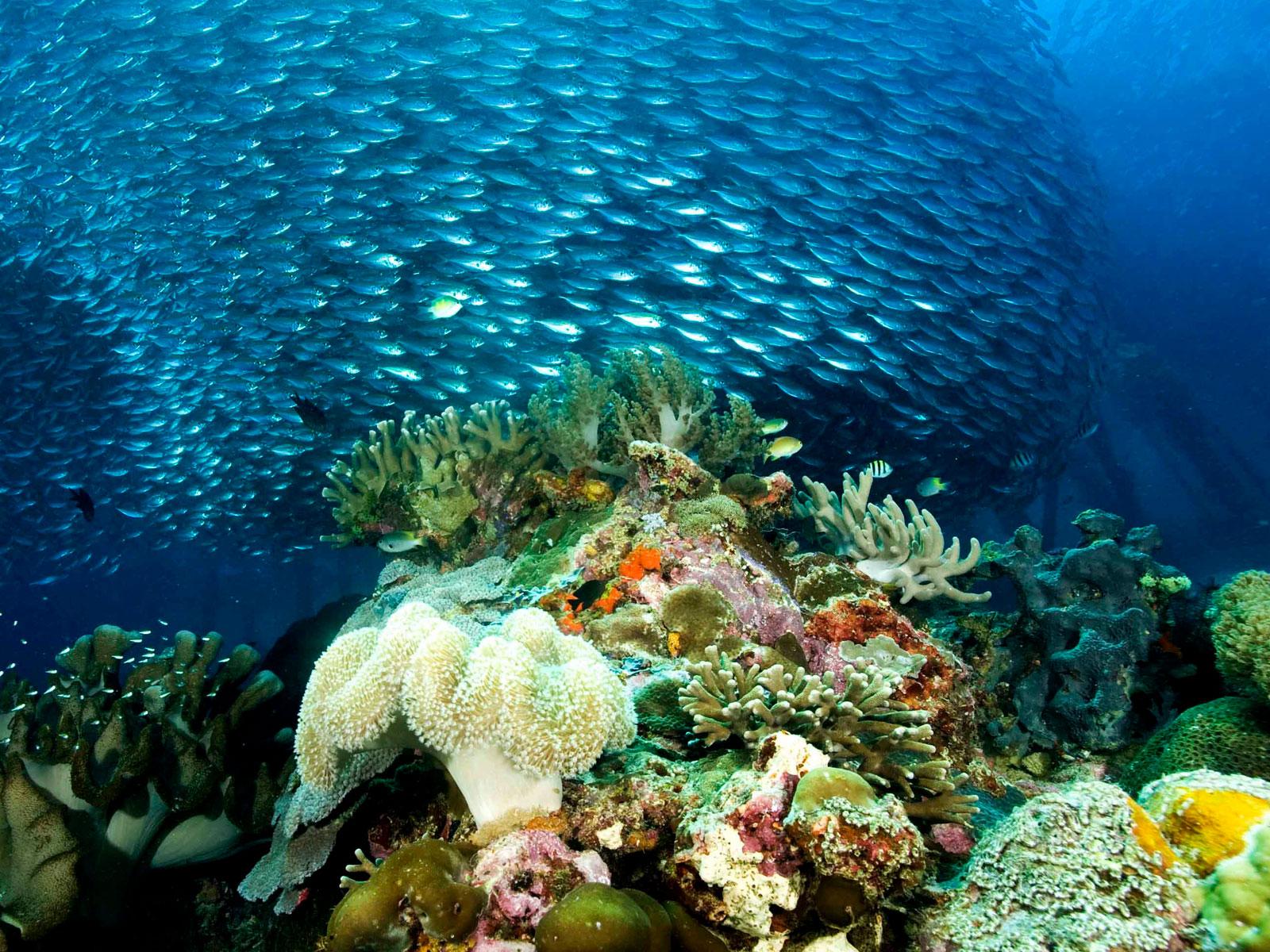 theoceanproject.org
theoceanproject.org conservation ocean impact know
Ocean unit: a study of ocean animals and their habitat. Pin on classroom board
Ocean Presentations KS2 English | Teaching Resources
 www.tes.com
www.tes.com ks2 ocean
Our ocean in crisis ks2. Uk ocean habitats ks2 science
KS2 The Environment, Topics, The Environment, KS2 Topics
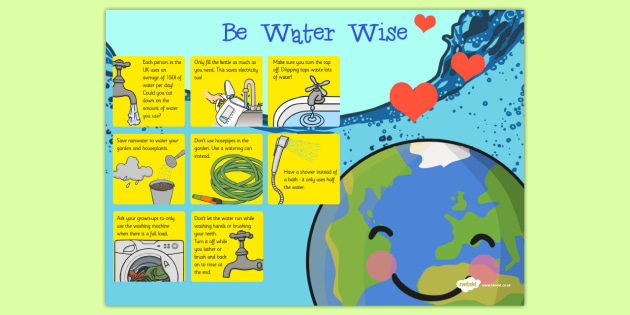 www.twinkl.es
www.twinkl.es ks2 pollution
Presentations ks2 pptx. Ocean unit: a study of ocean animals and their habitat
Ocean Conservation Poster Project
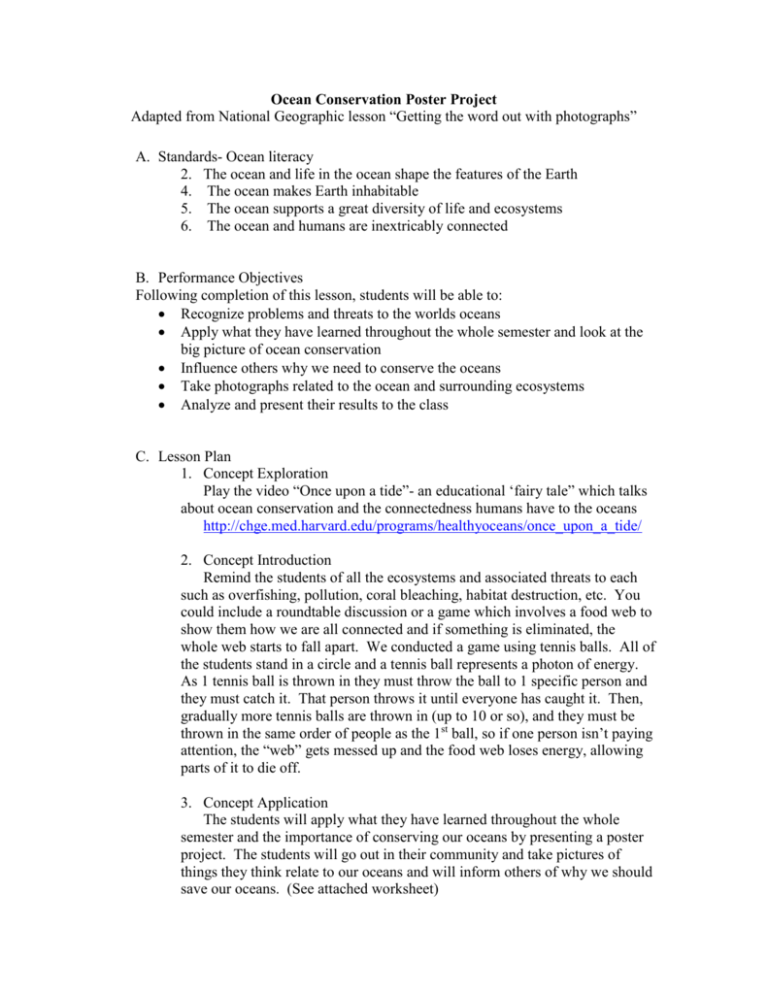 studylib.net
studylib.net Ks2 habitats. 6 lessons for effective science-based ocean conservation
Ocean Presentations KS2 English | Teaching Resources
 www.tes.com
www.tes.com presentations ks2 pptx
Mrs. wood's kindergarten class: ocean research. Conservation ocean management print
Mrs. Wood's Kindergarten Class: Ocean Research
 woodkinderclass.blogspot.com
woodkinderclass.blogspot.com Ocean & marine life resources for ks2 science. Ks2 pollution
UK Ocean Habitats KS2 Science | Teaching Resources
 www.tes.com
www.tes.com ks2 habitats
Infographic showing benefits of the ocean; text content of graphic can. Conservation ocean management print
Ks2 oceans geography resource tes previous preview next. Marine ocean science ks2 books. Ks2 the environment, topics, the environment, ks2 topics


Post a Comment for "Ocean Conservation Ks2 Benefits Of Marine Protected Areas"